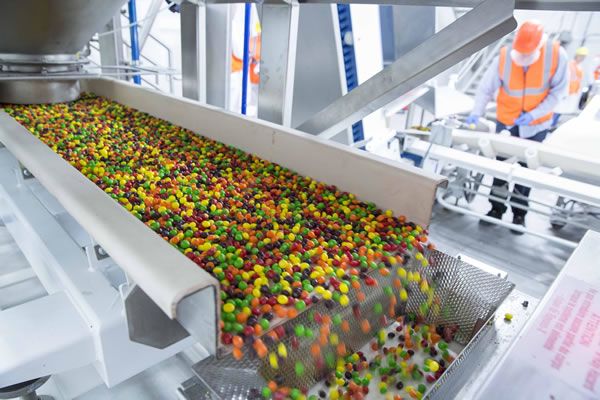- US food major Mars has set a new “science-based” target to achieve net-zero greenhouse gas (GHG) emissions across its full value chain by 2050.
- It includes all scope 3 emissions, as well as a commitment to eliminate deforestation from the Mars supply chain, link executive pay to delivery of emissions reductions, and compel the company’s 20,000-plus suppliers to set their own targets.
- The company’s pet nutrition brand Royal Canin is aiming to become carbon neutral by 2025.
- Mars is also joining the Science Based Targets Initiative‘s ‘Business Ambition for 1.5C’ pledge and the UN’s Race to Zero.
Why it matters:
The new target builds on Mars’ earlier plan to cut full value chain emissions by 67% by 2050. The company — known for its confectionary brands like M&Ms and Skittles — has also reaffirmed its near-term objective of a 27% cut in GHG emissions by 2025.
Mars said it has already cut full value chain emissions by 7.3% since 2015.
“More than three quarters of our impacts are embedded in the materials that we purchase – so we must change what we buy or where we buy it [or] how we buy it,” Barry Parkin, Mars chief sustainability and procurement officer, said in a statement.
“It is also clear that further transformation of agriculture is needed. We will push the boundaries of what is possible through regenerative agriculture, and this will require […] deeper and more integrated partnerships with our suppliers, and stronger government frameworks that incentivize sustainable practices.”
Yesterday, fast food giant McDonald’s announced its own renewed ‘net zero by 2050’ pledge.





